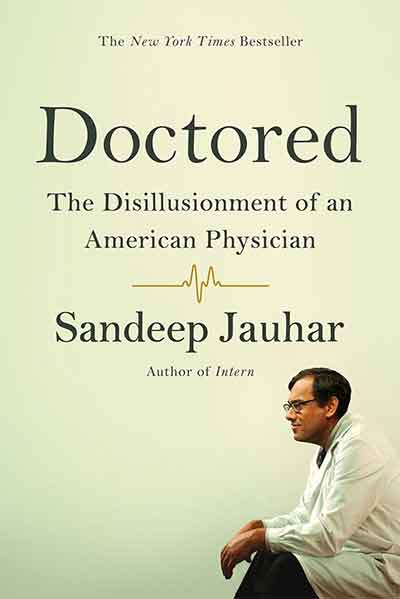In recent years, and particularly after the 2019 General Elections, there have been growing concerns regarding the fairness of the election process in India. These have ranged from highly technical issues concerning the EVMs to the systemic corruption and lack of transparency in election bonds, the amassing of huge funds by the ruling party and its misuse.
 A new book has brought together well-informed, distinguished writers with expertise in various fields to comment on important aspects of election related malpractices and reforms related to these in India. This book is very appropriately titled ‘Electoral Democracy?—An Inquiry into the Fairness and Integrity of Elections in India’. It is edited by M.G.Devasahayam, a former distinguished IAS officer and army officer and presently Coordinator, Citizens’ Commission on Elections and Convener, Forum of Electoral Integrity. This book has been published by PARANJOY.
A new book has brought together well-informed, distinguished writers with expertise in various fields to comment on important aspects of election related malpractices and reforms related to these in India. This book is very appropriately titled ‘Electoral Democracy?—An Inquiry into the Fairness and Integrity of Elections in India’. It is edited by M.G.Devasahayam, a former distinguished IAS officer and army officer and presently Coordinator, Citizens’ Commission on Elections and Convener, Forum of Electoral Integrity. This book has been published by PARANJOY.
This book has come at a very appropriate time as the general elections of 2024 are not too far away and if some of the reforms suggested here are to be introduced before this then there is no time to be lost in making the necessary preparations.
The Citizens’ Commission on Elections (CCE) was set up in March 2020 with several distinguished members and Justice Madan B. Lokur, former Supreme Court judge as Chairperson. Mentors were identified for various themes. The mentors prepared this book based on depositions, RTI replies, published papers, articles and other relevant documents. An international panel of top experts had deposed on electronic voting and its possibility of harmful implications.
Briefly, this book raises the issue with many facts and arguments that “EVM voting does not comply with the essential requirements of ‘Democracy Principles’ of each voter having the direct knowledge and capacity that his/her vote is cast-as-intended, recorded-as-cast, and counted-as-recorded. It does not provide provable guarantees against hacking, tampering and spurious vote injections.”
Another serious concern relates to the system of election bonds introduced in 2017 which allows the ruling party to amass hidden funds without the disclosure of who is contributing how much, a highly non-transparent system. In addition this book deals with other aspects of corruption and criminalization of elections.
Another concern is that “ the ECI’s proposal to link a citizens’ voter ID with the Aadhaar system is a very dangerous proposition. It could lead to massive data leaks, fraud and theft that can severely endanger India’s democracy.”
Another significant concern is that a significant number of people belonging to several vulnerable and disadvantaged groups face high prospects of being left out of the election process or their names not being included in the electoral rolls.
There are concerns relating also to the autonomy of the Election Commission of India, and its functioning before, during and after elections. As eminent persons having inside knowledge of the functioning of the ECI have pointed out in this book, most of these concerns are of recent origin.
Another set of concerns relates to scheduling and processes of elections and compliance of model code of conduct. Last but not the least, there are concerns relating to the role of media, including social media, fake news, etc.
All of these important issues have been dealt with by expert writers having a lot of expertise in the matter. What is particularly useful are the more technical chapters on issues relating to EVMs to which eminent computer scientists have contributed after devoting a lot of time to studying the various aspects of this controversial issue. The book would have been even more useful if this had more information on why some of the more mature democracies, technically advanced and richer countries have refused to use electronic voting machines while persisting with ballot papers, or have changed over to ballot papers after trying out EVMs. What were the discussions held there, and what were the conclusions? However even without going into these additional details the information presented here is very useful. How do we take this forward? One way would be for the EC to ask about 10 leading opposition parties regarding whether they prefer ballot papers or not, and if they do, it should be back to ballot papers.
A future edition of the book should have more on three-tier panchayati raj elections as well as several serious problems exist here also, as was seen very clearly in the last panchayati raj elections in Uttar Pradesh.
On the whole this book raises very serious issues and deserves the attention of all those who are concerned about the future of democracy in India.
Bharat Dogra is Honorary Convener, Campaign to Save Earth Now. His recent books include Planet in Peril and India’s Quest for Sustainable Farming and Healthy Food.
















































